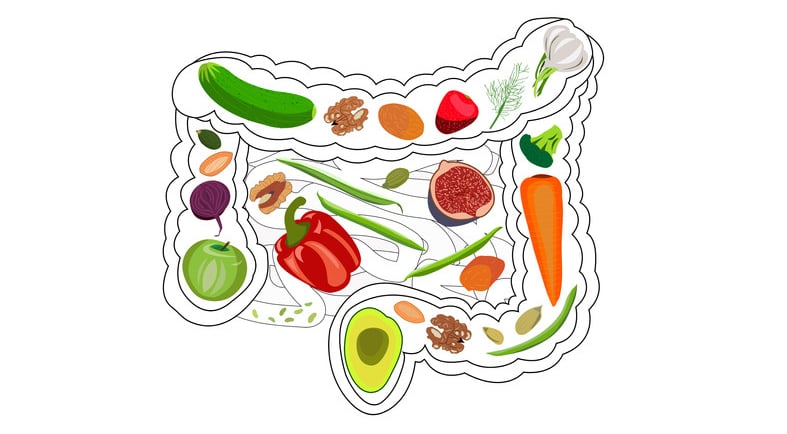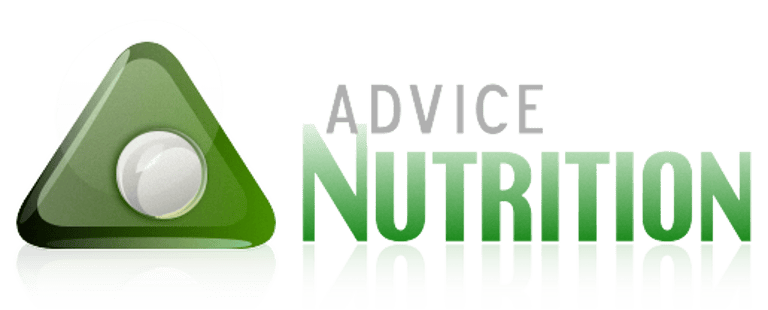Gut Health and Nutrition: The Role of Probiotics
Discover how gut health affects overall wellness and how probiotics can support digestion, immunity, and mental health.
DIETSNUTRITION AND MENTAL HEALTHCAKE CHOCOLATECAKELIFESTYLERECIPES
9/4/20252 min read


Introduction
Your gut is more than just a digestive system—it’s a central hub for overall health. A balanced gut microbiome affects digestion, immunity, mental health, and even weight management. Probiotics, which are live beneficial bacteria found in certain foods and supplements, play a crucial role in maintaining this balance. In this article, we’ll explore the importance of gut health, the benefits of probiotics, and how to incorporate them into your diet.
1. Understanding the Gut Microbiome
The gut microbiome is composed of trillions of microorganisms living in your digestive tract. These microbes help:
Break down food and absorb nutrients
Produce vitamins like B12 and K2
Support immune function
Protect against harmful bacteria
💡 Related: See Nutrition and Mental Health: The Food–Mood Connection for links between gut health and mood.
2. What Are Probiotics?
Probiotics are live microorganisms that provide health benefits when consumed in adequate amounts. Common probiotic strains include:
Lactobacillus
Bifidobacterium
Saccharomyces boulardii
Probiotics are naturally found in fermented foods or can be taken as dietary supplements.
📖 External Source: Harvard Health – Probiotics: How They Benefit Your Gut
3. Health Benefits of Probiotics
Digestive Health
Probiotics can help prevent or reduce symptoms of:
Irritable bowel syndrome (IBS)
Diarrhea caused by antibiotics
Constipation
Immune Support
A healthy gut microbiome improves your body’s immune response, helping prevent infections and inflammation.
Mental Health
Research shows a strong gut–brain connection. Probiotics may reduce anxiety, depression, and improve overall mood.
💡 Related: See Nutrition and Mental Health: The Food–Mood Connection.
4. Foods Rich in Probiotics
Yogurt with live cultures
Kefir
Sauerkraut
Kimchi
Miso
Kombucha
5. Prebiotics: Feeding Your Gut
Prebiotics are non-digestible fibers that feed beneficial bacteria. Examples include:
Garlic
Onions
Bananas
Oats
Asparagus
A combination of probiotics and prebiotics, called synbiotics, can maximize gut health benefits.
📖 External Source: World Health Organization – Probiotics
6. Tips for Maintaining a Healthy Gut
Eat a diverse diet rich in fiber, fruits, vegetables, and whole grains
Include fermented foods regularly
Avoid excessive sugar and highly processed foods
Stay hydrated and exercise regularly
Limit unnecessary antibiotics
7. Supplements vs. Food Sources
While probiotic supplements can be helpful, getting probiotics from food ensures additional nutrients, fiber, and better absorption. Supplements should be considered if:
You have digestive disorders
You’ve recently taken antibiotics
You have difficulty accessing fermented foods
8. Sample Gut-Friendly Meal Plan
Breakfast: Yogurt parfait with berries and chia seeds
Lunch: Lentil salad with kimchi and mixed greens
Snack: Apple slices with almond butter
Dinner: Miso soup with tofu and steamed vegetables
Conclusion
Gut health is central to overall well-being, affecting digestion, immunity, and even mental health. By incorporating probiotics and prebiotics into your diet, you can support a healthy microbiome and enjoy long-term health benefits. Remember, the foundation of gut health is a balanced diet, hydration, and lifestyle choices, with probiotics as a supportive addition.
